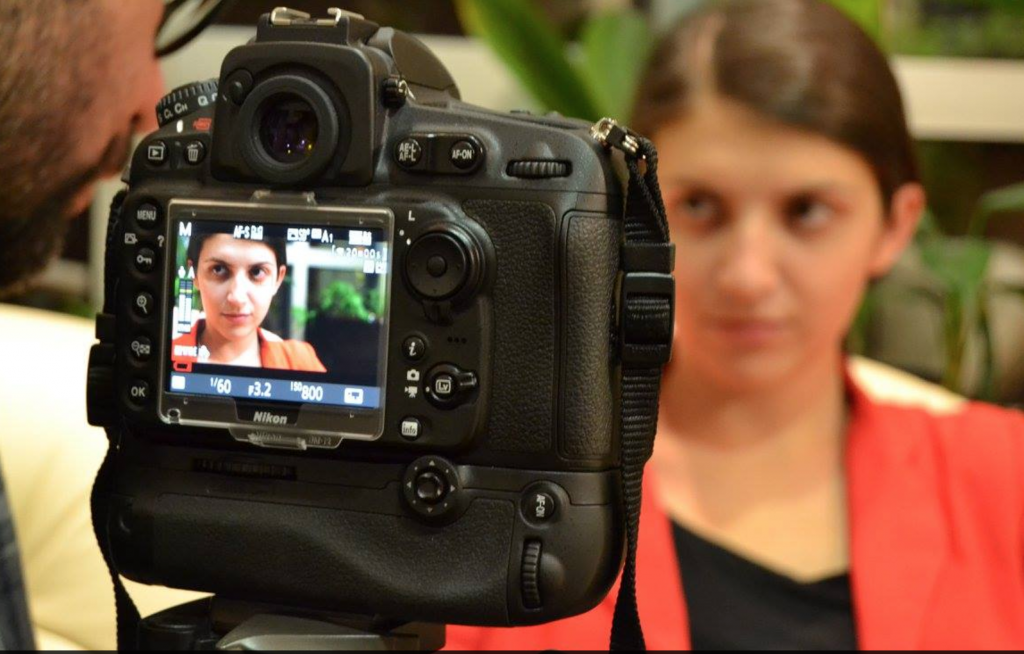
“Journalists in both entities remain vulnerable to threats and hate speech, and several journalists have reported leaving the country because they feared for their safety.”
“Journalists in both entities remain vulnerable to threats and hate speech, and several journalists have reported leaving the country because they feared for their safety.”
This was the opening statement of the 2017 Europe & Eurasia Media Sustainability Index’s chapter on Bosnia and Herzegovina (BiH), which has been given an overall average score of 1.78 – same as neighboring Serbia – classifying these media systems as unsustainable.
More than twenty years have passed since the war ended and BiH is still burdened by the problems of that era, including political instability and economic decline. Most of the media in BiH are divided along entity, ethnic, political and economic lines (Konrad Adenauer Stiftung, 2017).
BiH is a candidate for EU membership, but, in order to become a member state, it must first satisfy certain requirements related to freedom of expression and freedom of media set forth by the Copenhagen criteria. Despite the fact that BiH submitted its membership application in February 2016, politicians are showing an ever-growing lack of consensus regarding the adoption of reforms required by the EU. As for BiH’s two entities, the government of Republika Srpska (RS) continues to resist strengthening state institutions, while political decision-making in the Federation of BiH (FBiH) is based on national interests rather than citizens’ needs (Media Sustainability Index, 2017).
In Reporters without Borders’ 2017 World Press Freedom Index, BiH was ranked number 65 out of 180 worldwide according to the level of freedom available to its journalist. The index pointed out that BiH has the world’s most liberal media freedom laws but their implementation is held back by a saturated judicial system. This situation is exacerbated by the fact that the pro-government media continue to enjoy direct and indirect state subsidies.
Amnesty International’s report, The State of the World’s Human Rights 2016/17, noted that in BiH a pattern of threats and political pressure continues as do repeatedly documented attacks against journalists, freedom of expression, and the integrity of media outlets.
The Council of Ministers of BiH has admitted that journalists are often targets of threats and political pressure and has made an official recommendation to the Institution of Ombudsmen for Human Rights of BiH that it compile a report on the status of journalists and track cases whereby journalists have been targeted or threatened. The report stated that there are a large number of media outlets operating in BiH but that “significant growth of media outlets has not contributed to a better status of journalist. Quite the contrary, journalists have found themselves in a very unstable and insecure labor market, resulting in an environment which is increasingly worsening.”
According to Freedom House’s Freedom of the Press report from 2015, journalists in BiH sometimes experience difficulty when trying to gain access to government proceedings. For example, politicians and government agencies have been known to restrict access to public events to only a few select reporters. Meanwhile, it is said that journalists from BN TV and Serbia’s Beta News Agency are banned from covering the Republika Srpska’s Presidential Palace. Self-censorship is pervasive, as the few journalists and media outlets that do engage in critical reporting risk lawsuits, political pressure, and the withdrawal of financial support.
Another significant challenge for BiH’s media makers is access to information, which can be greatly hindered due to long, bureaucratic processes and governments who often do not respect their own laws. During a panel session in Mediacentar Sarajevo, editor-in-chief of Start BiH Magazine, Rubina Čengić, shared her experience with regard to access to information. “When you ask institutions for an explanation for something, they refer to the law. And after 15 days, they send you a conclusion that they cannot give you a particular document, [although you are actually] seeking an explanation on why a particular decision was made, and things like that. To me, that’s a very serious and grave abuse, and a way of making journalists’ work more difficult.”
Not only is the political climate subversive to independent and free media, so is the market. The difficult economic situation and resulting decrease in advertising revenues have put pressure on the media to commercialize their content, which has, in turn, made them more dependent on external funding. The 2017 Media Sustainability Index reveals particularly low salaries in BiH when compared to other Western Balkan countries. The poor working conditions journalists must endure may encourage self-censorship, but also lead to cutbacks in news production.
Despite its issues, BiH’s media is considered to be partly free, and at least somewhat open when compared to other Balkan countries (Freedom House, 2017). The BiH population appears doubtful about the freedom of their press or are unable to access the full range of available media. Much of the media does indeed remain tied to the goals of the ethnic group or political party they represent and only a few outlets attempt political neutrality.
This article has been published as part of the “Real Voice of Journalism” project. The project is funded by the European Union through the small grants programme “Protecting Media Freedom and Freedom of Expression in the Western Balkans” implemented by the Croatian Journalists’ Association as part of the regional project “Western Balkan’s Regional Platform for Advocating Media Freedom and Journalists’ Safety”, which is carried out through the partnership of six regional journalists’ associations – Independent Journalists’ Association of Serbia (IJAS), Association of BH Journalists (BHJ), Croatian Journalists’ Association (CJA), Association of Journalists of Kosovo (AJK), Association of Journalists of Macedonia (AJM), and Trade Union of Media of Montenegro (TUMM).







